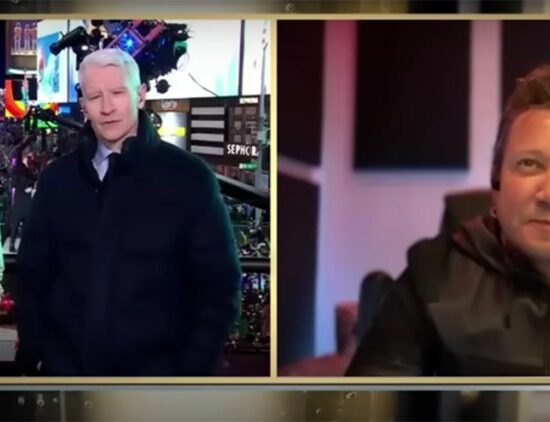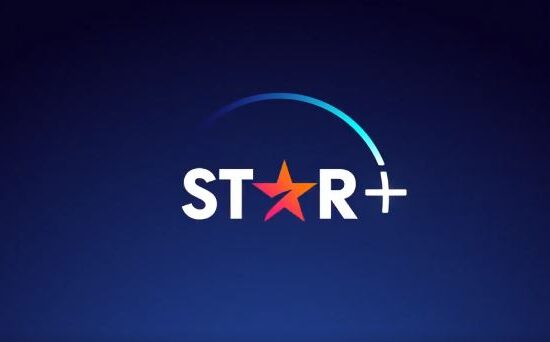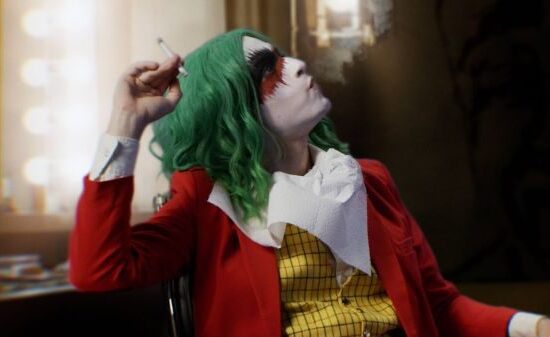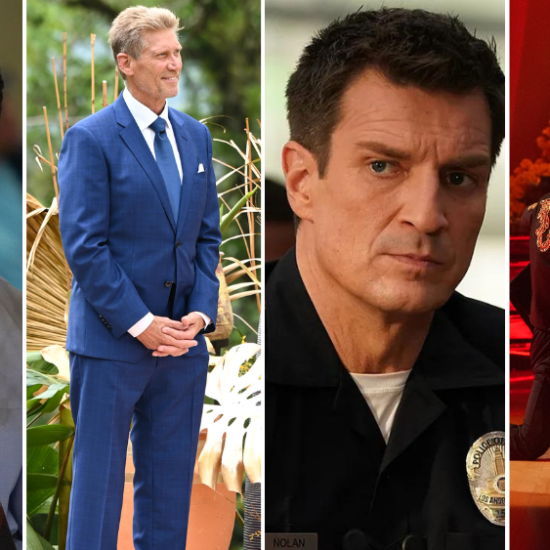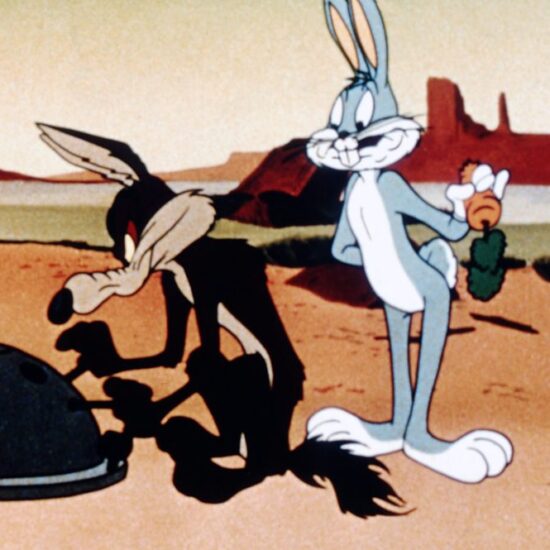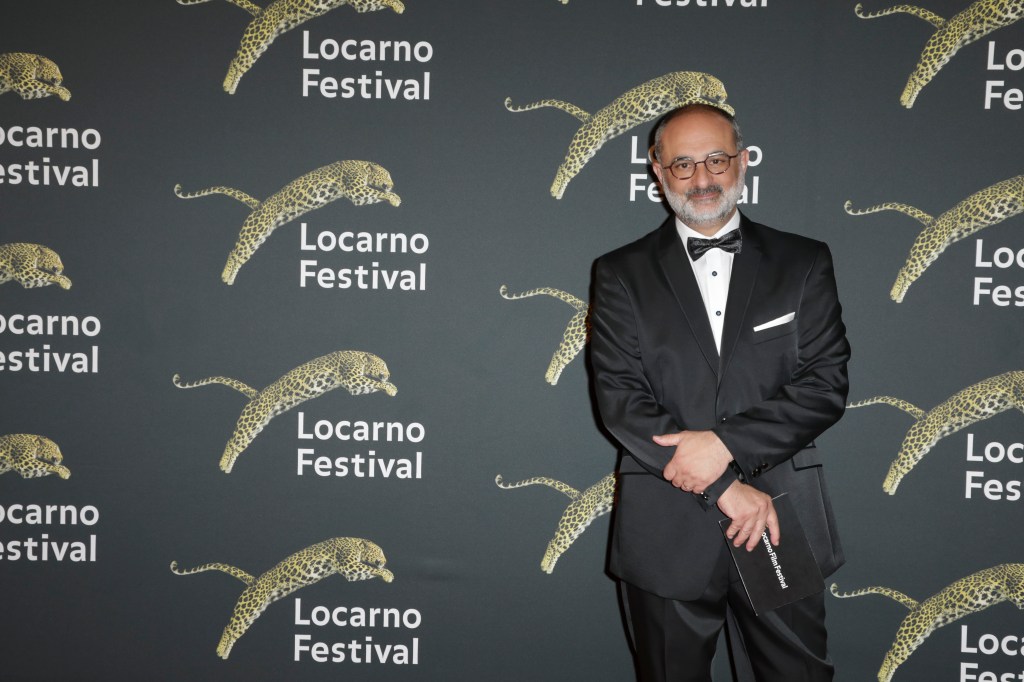
When we dial Locarno chief Giona A. Nazzaro’s line, he’s in the process of slipping into an air-conditioned bar where he can escape the blistering heat that has consumed Southern Europe for much of July.
“It’s like living in a furnace,” he says. “It’s terrible, believe me.”
This year’s Locarno Film Festival is Nazzaro’s third edition as Artistic Director. He took charge in 2020, navigating the festival through the pandemic, and has now been tasked with pulling the event together amid dual US labor strikes.
“There hasn’t been a moment since I took the helm where I could switch to autopilot and cruise along,” he adds.
Mounted on the Italian-Swiss border, Locarno will be the first major international festival impacted by the strike, with an Aug 2 kick-off date. The fest runs until Aug 12. Locarno hosts an Official Competition, several sidebar sections, and an open-air screening program for local audiences. A large part of the festival’s program is also based around the presentation of its career achievement awards, which often attract high-profile names to the fest. This year Riz Ahmed was set to receive the Excellence Award Davide Campari at the opening night ceremony on the festival’s landmark Piazza Grande open-air cinema, while Stellan Skarsgård was set for the Honorary Career Leopard Award. It’s still unclear whether Ahmed and Skarsgård will attend with the strike ongoing. SAG regulations around appearances at festivals are complicated. The rules forbid members from promoting any work completed for a struck company. These parameters would, in theory, include career achievement awards where past struck work is discussed. Other names set to visit the festival this year include Cate Blanchett, Ben Platt, Molly Gordon, and Zar Amir Ebrahimi.
French directorial duo Fiona Gordon and Dominique Abel’s The Falling Star will open the festival as part of the Piazza Grande program, which also features Justine Triet’s 2023 Cannes d’Or Winner Anatomy of a Fall, Ken Loach’s Palme d’Or contender The Old Oak and the world premiere of Luc Jacquet’s Antarctica Calling.
The festival’s main International Competition will showcase 17 films this year, 16 of them world premieres. Golden Leopard contenders include French director Quentin Dupieux’s secretly-shot film Yannick, which will be released simultaneously in France; Filipino director Lav Diaz’s Essential Truths Of The Lake and Greek director Sofia Exarchou’s Animal, her second film after San Sebastian New Directors Award winner Park.
Below, Nazzaro digs into how Locarno is navigating the strikes and whether the festival is still expecting to welcome any actors. He also discusses this year’s lineup, including the opening film Falling Stars and why he drafted Aftersun filmmaker Charlotte Wells in for Competition jury duty.
DEADLINE: This is your third year as artistic director. How are you feeling about your role?
GIONA A. NAZZARO: The stakes are the same. But obviously, the film industry environment — festivals, production, and distribution — is still in turmoil. We’ve seen what’s been happening since 2020. And now the SAG strike. These next few years will be when we redefine what the film industry is and can be. I never remotely thought that after 2020 things would go back to normal. This period also serves as a crucial moment in redefining where the industry stands politically — in terms of the films we are making and what kind of films we are showing. I know this sounds rather generic, but it’s a question that we have been tackling throughout our selection process. All these questions also inevitably become a public discussion point. In short, there hasn’t been a moment since I took the helm where I could switch to autopilot and cruise along.
DEADLINE: In the statement you released following the SAG vote, you said Locarno was monitoring the situation. Just to confirm, is the festival still 100% going ahead?
NAZZARO: The festival is going ahead. We are currently assessing how the strikes will impact us, but that does not undermine our support for the people that are striking for fair pay, share of profits, protection of intellectual creation, and to make sure the industry remains driven by human beings, not algorithms. I know this sounds idealistic, but ultimately if you think about it when we speak about the film industry, we think of those faces that pop up everywhere, but behind them are 1000s of talented individuals that have trouble paying rent, sending children to school, and surviving at the end of the month. Behind the word entertainment there is work and labor — this is crucial. We need to face the fact that if we go to watch even a tentpole movie, there are people behind it with skills and talent that make the tentpole possible, and these people need to be protected.
DEADLINE: Honorary awards are a central part of Locarno’s program. This year, Riz Ahmed was set to visit and receive an honor. Are you still expecting him?
NAZZARO: We are still evaluating how the strike will affect attendance. I hope that we can find an agreement or solution. But that said, if we don’t, we will still stand in solidarity with the SAG affiliates.
DEADLINE: Can you tell me a little about the opening film ‘Falling Stars.’ It seems to be very different from last year’s opener, Bullet Train.
NAZZARO: We fell in love with Falling Stars. Last year, we opened with Bullet Train, and this year I thought, let’s go a different route. I don’t want people coming to Locarno and feeling like they’ve figured out what we are doing. So when we saw Falling Stars, we said, wow, this kind of sweet, melancholic story floats somewhere in a universe where Buster Keaton and Jacques Tati meet. The film captured our eyes and so did the idea that you can be entertaining and extremely creative and personal. You don’t have to cater to common denominators to convince your audience and we thought that would be our declaration of intent that we are standing with non-conventional creativity. The film is also incredibly funny and poignant. It’s a true work of art.
DEADLINE: Can you tell me a little about this year’s lineup? There seems to be a lot of transgressive, politically engaged work here.
NAZZARO: We tried consciously to build a program that would reflect the possibilities of contemporary cinema. That doesn’t mean that we were simply thinking along the lines of eclecticism. Eclecticism isn’t interesting, it’s simply a mishmash of things, so we deliberately tried to stake out the entire scene. We have the new Lav Diaz, which is relatively short at three and a half hours. I say that without irony. It’s a tremendously powerful, visually striking, poetic, and politically motivated film. We also have the new film by Radu Jude, which is perhaps the most relevant film on how communication, media, and language have shaped images of labor.
DEADLINE: You’ve put together a very interesting jury this year. Compared to the other members, Charlotte Wells is pretty new to the scene. Why did you include her?
NAZZARO: First of all, I loved Aftersun. It’s one of those films I would have loved at Locarno. She has an extremely keen eye, and I admire her editorial choices. I love the finesse with which she portrayed the relationship between the father and the daughter without indulging in any easy decisions. I also thought that Charlotte would be the right person to evaluate the debuts we have in the main competition.
DEADLINE: You’ve been working within the European festival circuit for some time now. If the WGA and SAG-AFTRA strikes persist, how do you think the situation will affect festivals as we move across the calendar?
NAZZARO: Locarno is an independent festival. Locarno is the expression and stronghold of independent creativity, but this is not something that I’m boasting about. This is something that has been carved in our history for 76 years. Other festivals have different approaches for different reasons. I’m not saying we are better than others. If these strikes continue, I hope the nuances between the two can be understood. For example, an honorary award doesn’t mean infringing on demands for fair pay. If you have to promote a film, that’s another factor. I don’t think this will be over soon. I think this is just the beginning.








